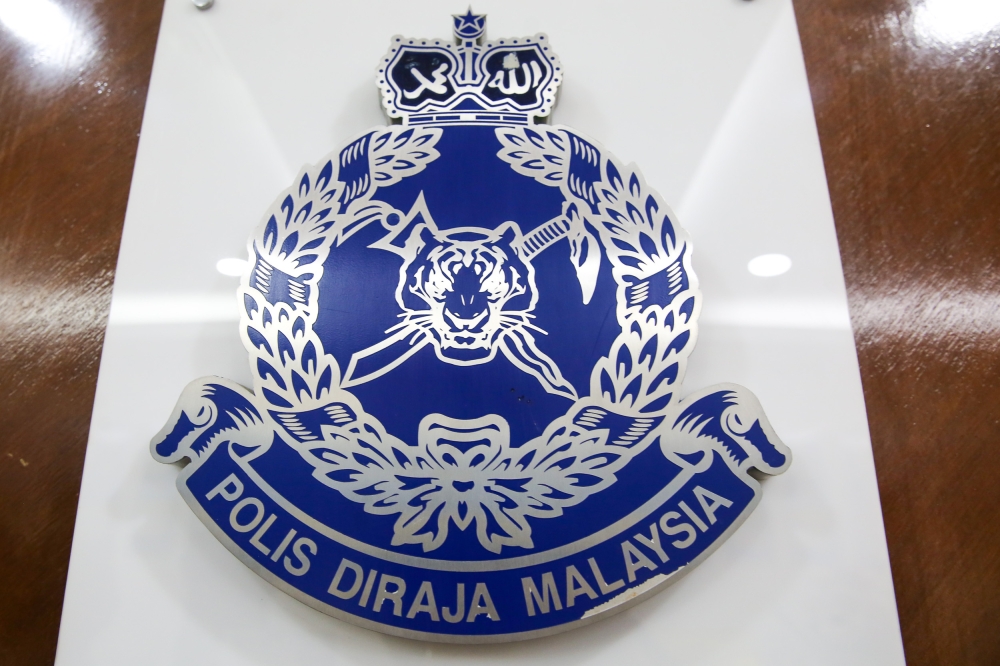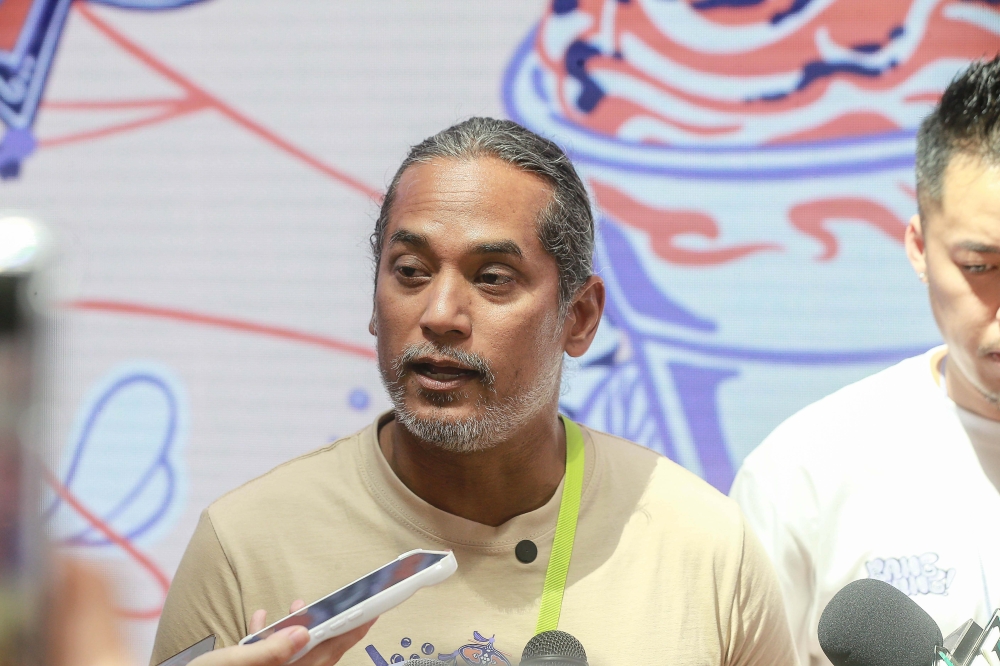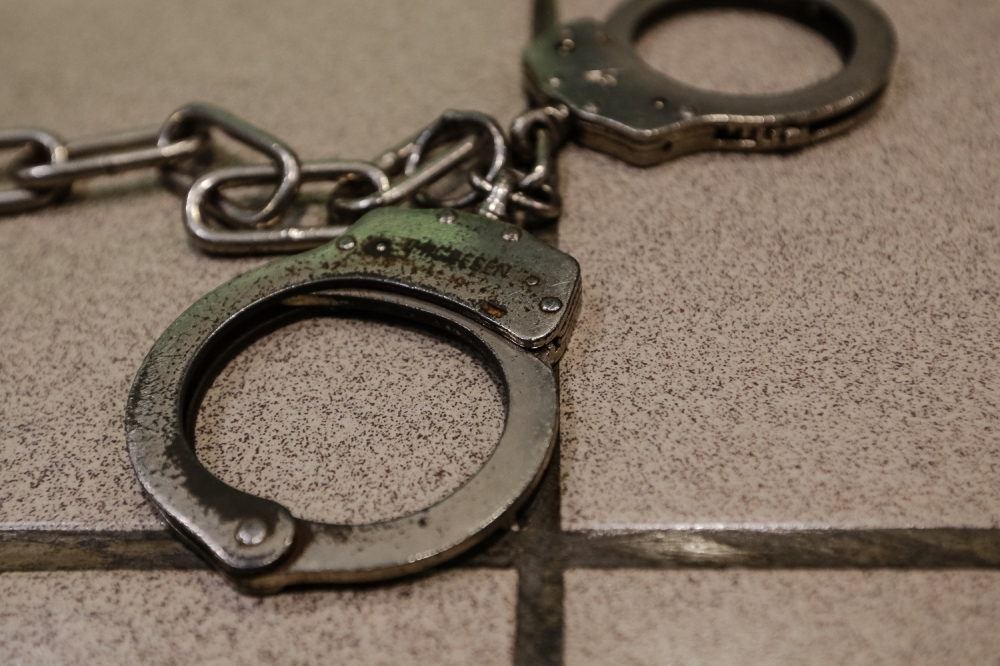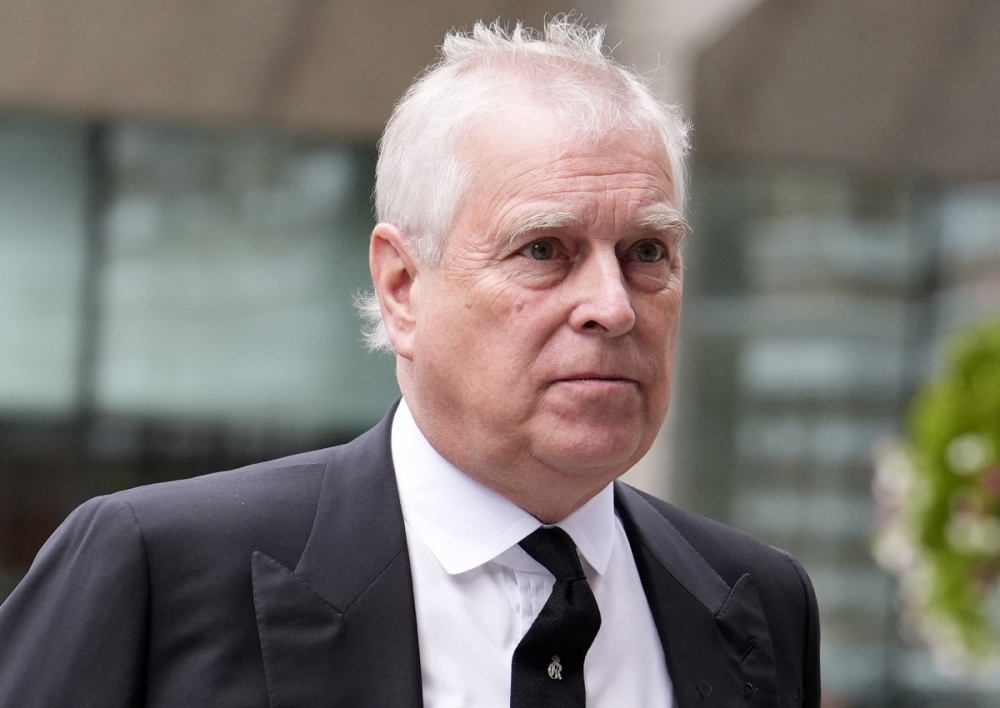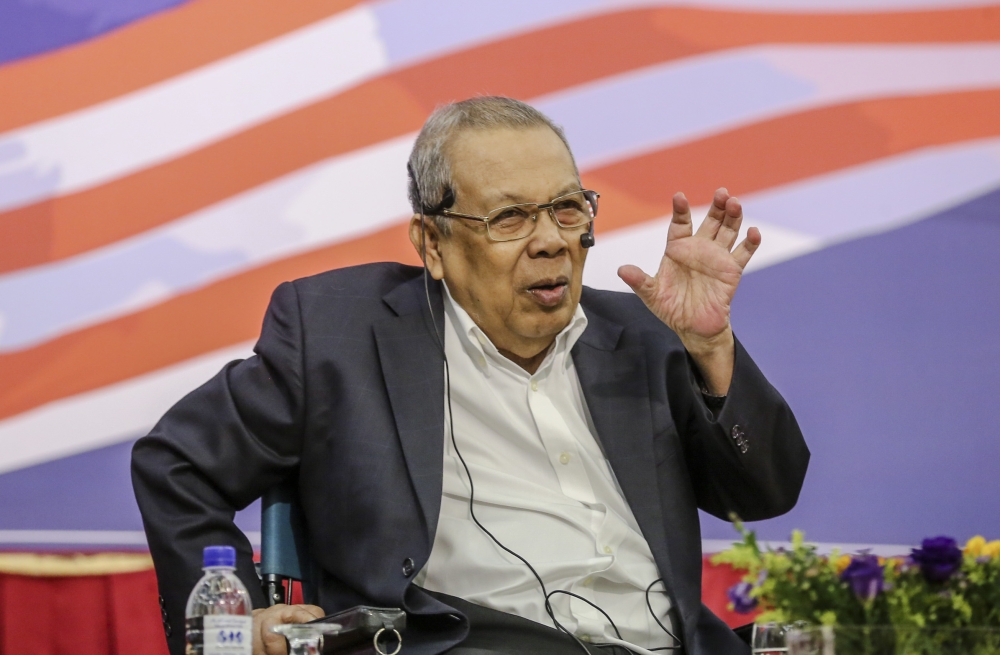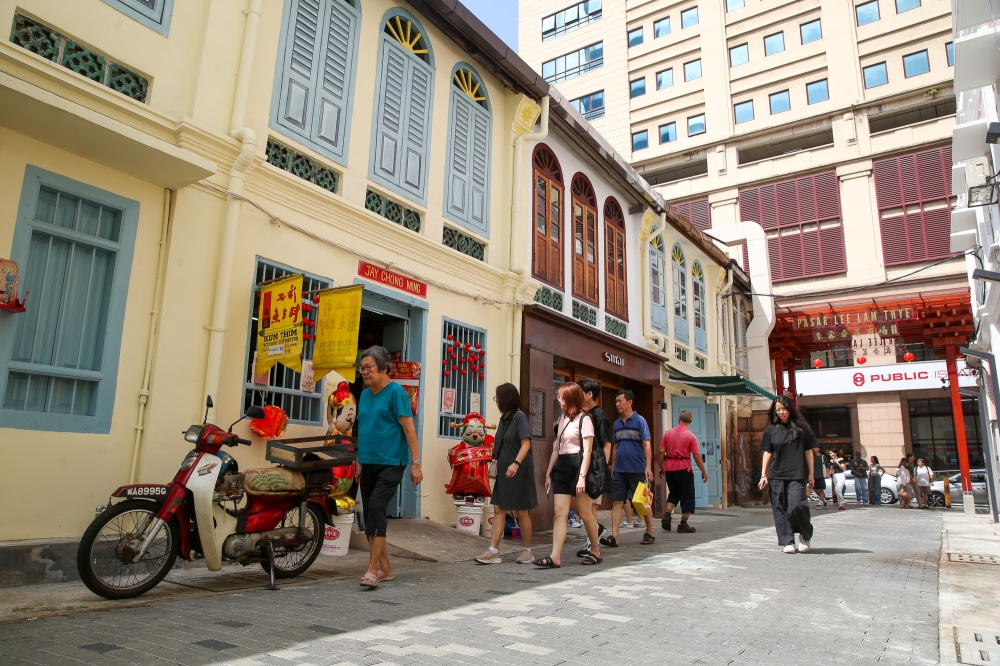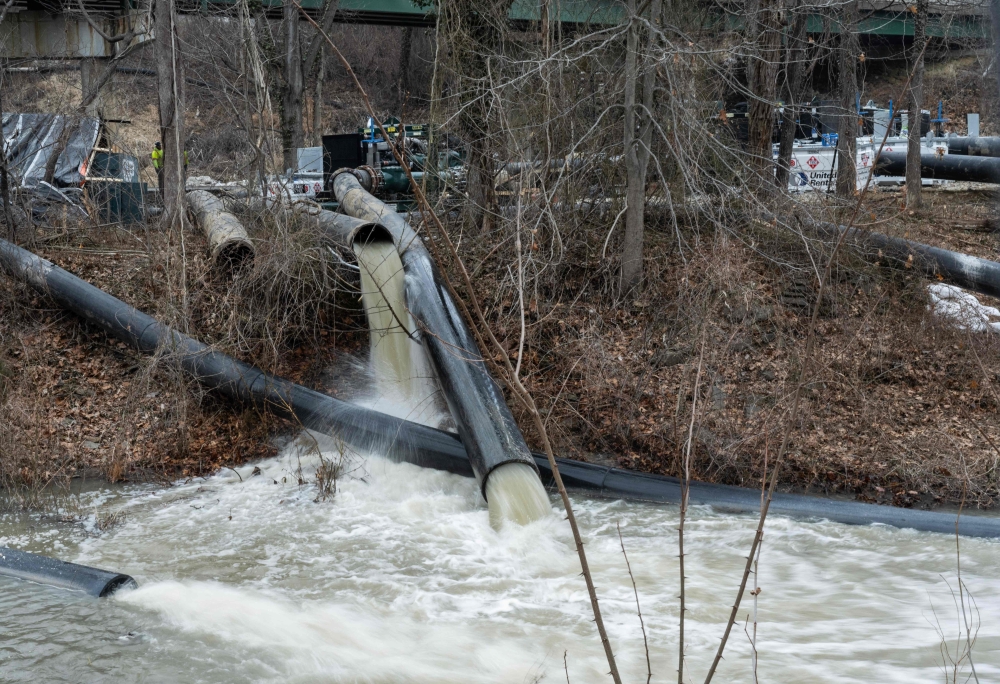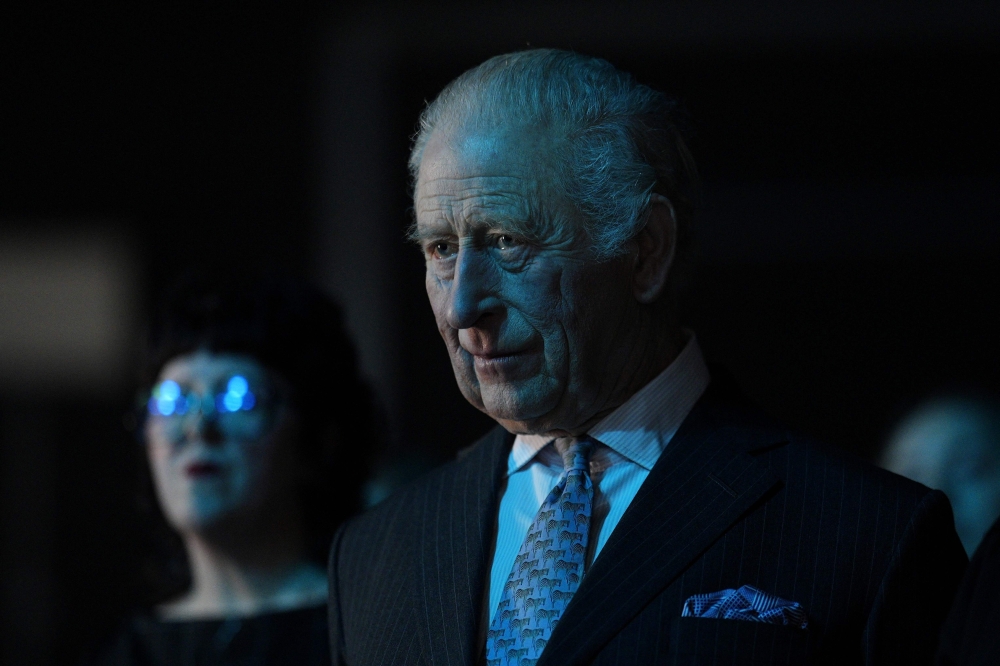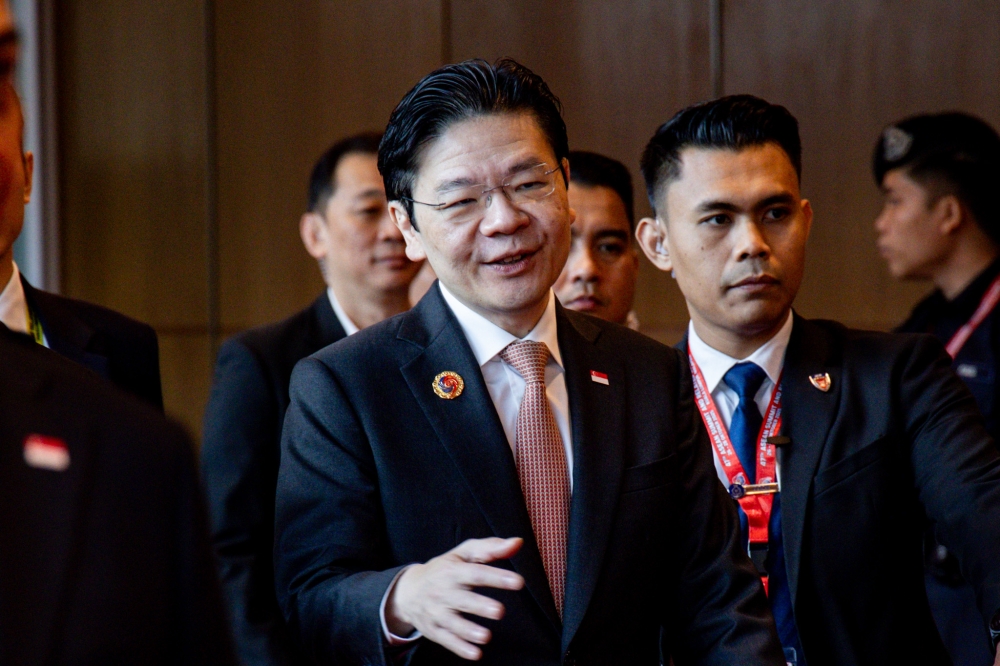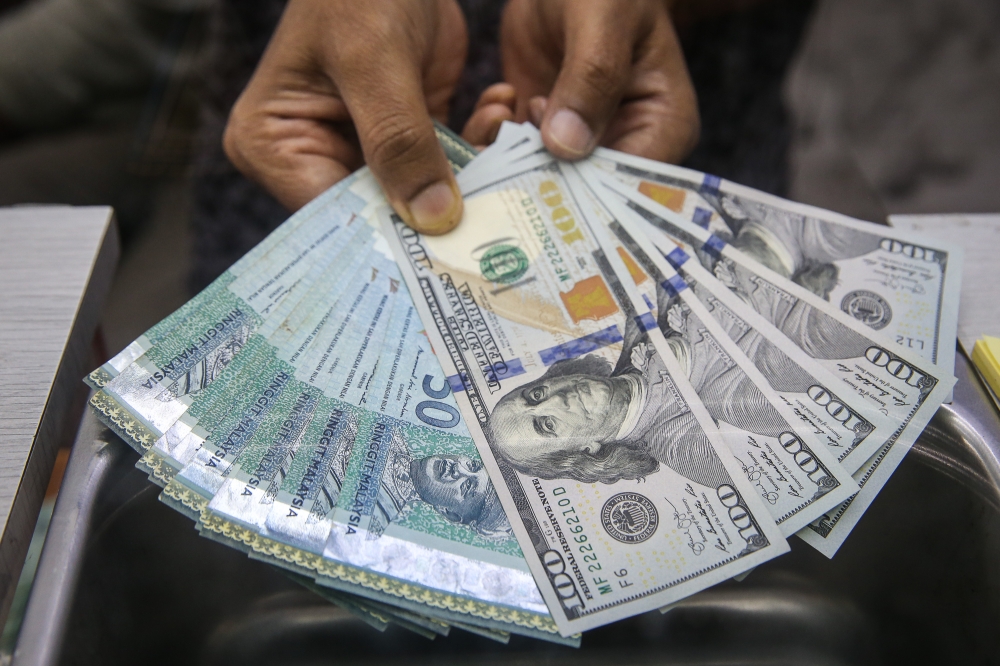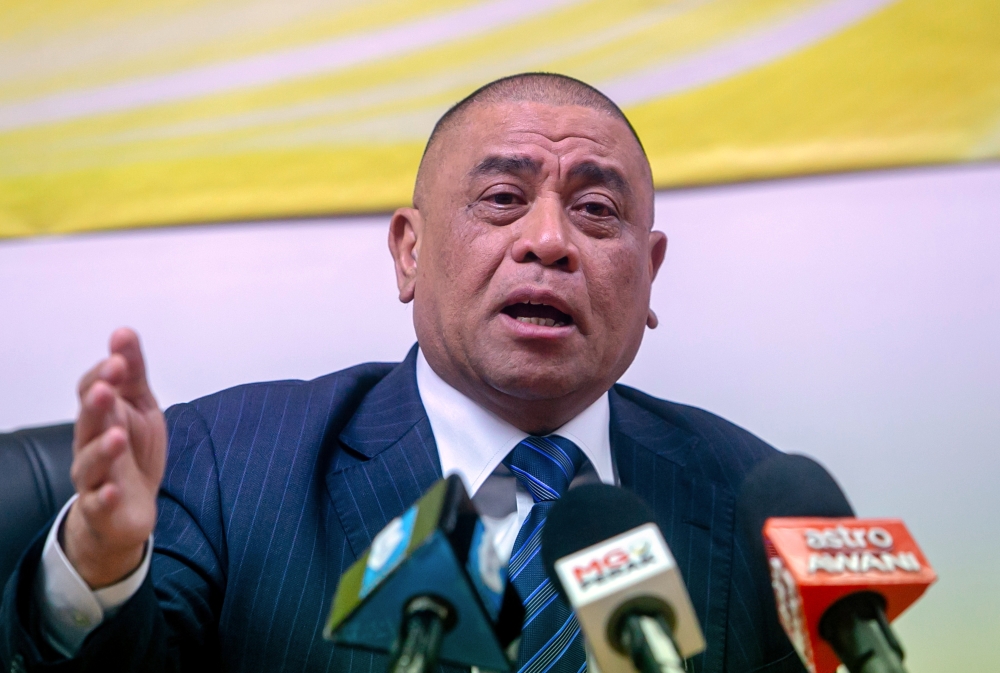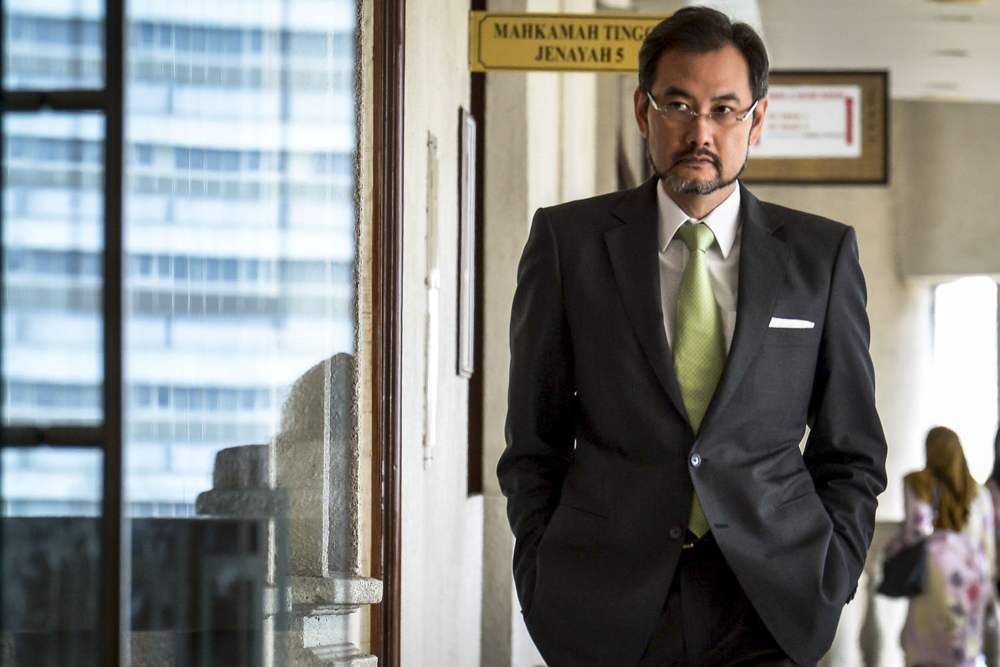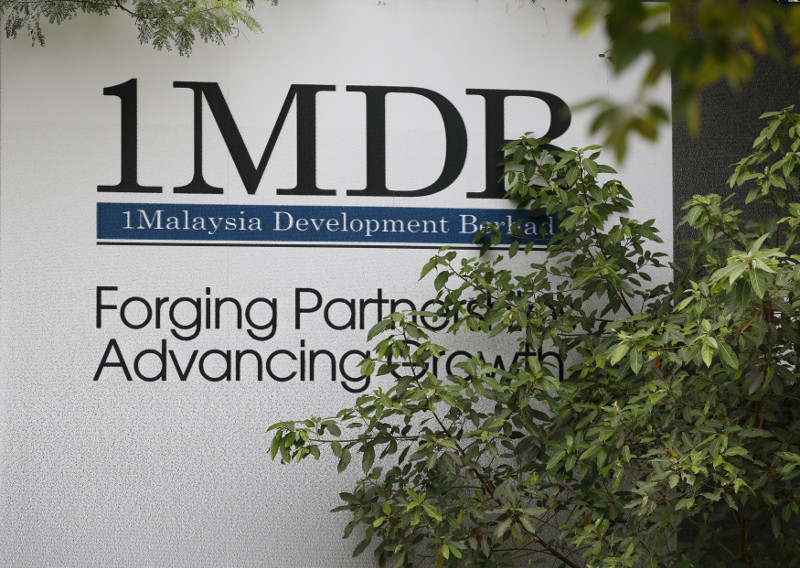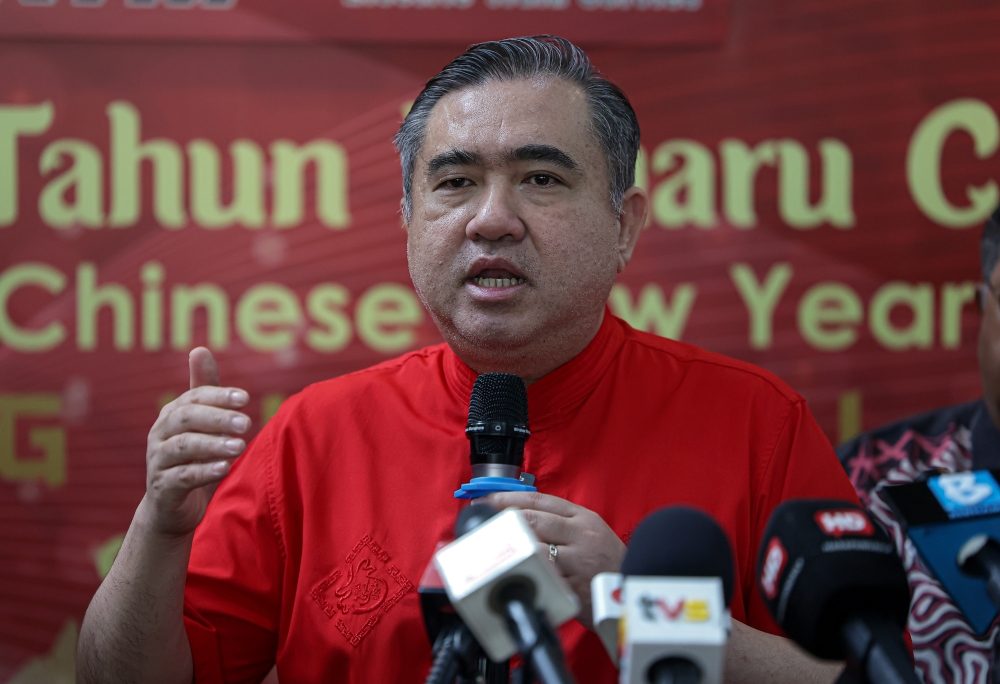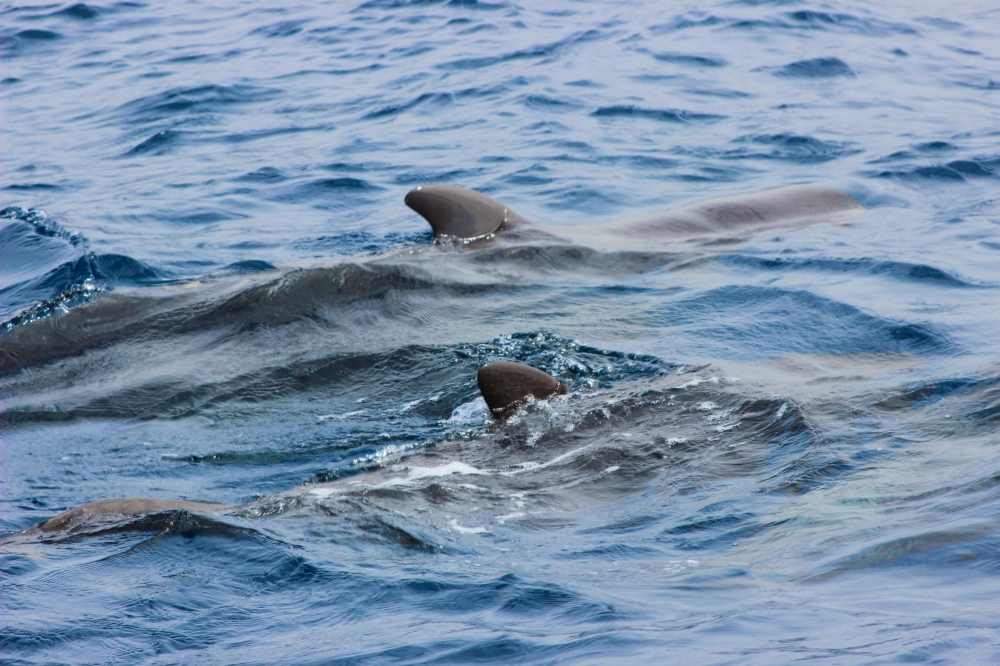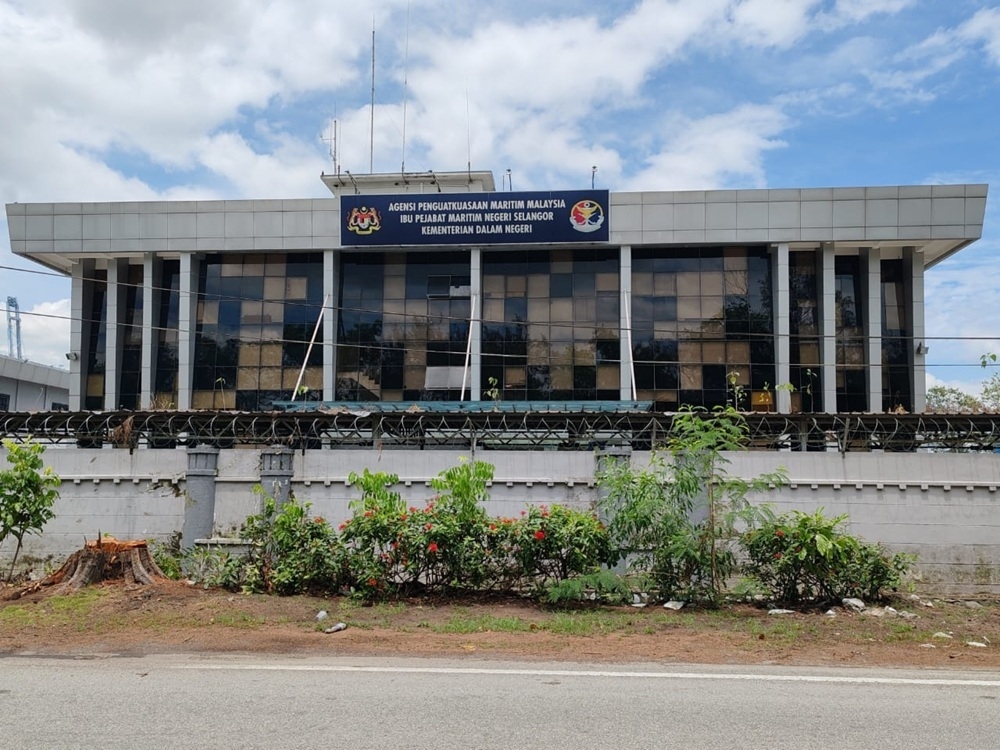KUALA LUMPUR, Oct 1 — 1Malaysia Development Berhad (1MDB) lost a total of US$1.367 billion (RM5.72 billion) in deposits to a fake British Virgin Islands company named Aabar Investments PJS Limited while raising funds in two quick-fire deals handled by businessman Low Taek Low’s associates, 1MDB’s former CEO told the court yesterday.
Datuk Shahrol Azral Ibrahim Halmi said he did not suspect anything amiss when the company was told to pay a total of US$1.367 billion through two separate transactions — US$577 million and then US$790 million — to the fake company that had a strikingly similar name to the actual Abu Dhabi firm Aabar Investments PJS.
Shahrol yesterday gave a shocking account of how 1MDB was tricked into paying the fake company that was incorporated in the British Virgin Islands, and which resulted in the money never being returned to 1MDB but channelled to Low-controlled accounts. The money allegedly made its way to Datuk Seri Najib Razak eventually.
Based on Shahrol’s testimony in the High Court in Najib’s corruption trial, elements that repeatedly popped up in the account of how 1MDB lost the US$1.367 billion that it had borrowed include: the pressure to be quick with the deals given the supposed veneer of their being government-to-government (G2G) deals and Najib’s alleged approval for the related financial decisions.
The first takeover deal: Project Turin
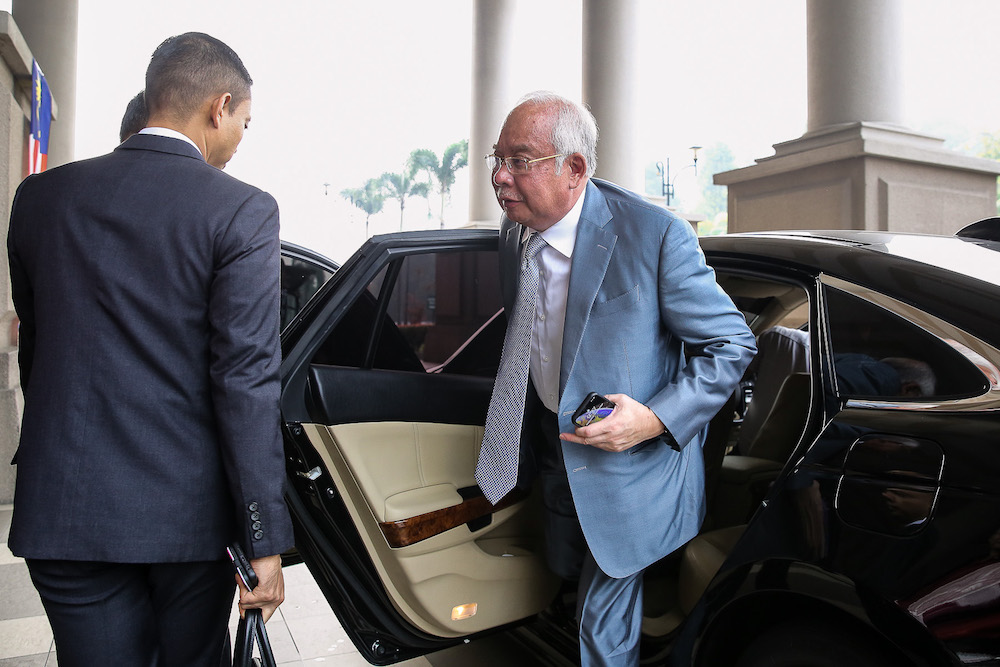
Shahrol said he had proposed that the Finance Ministry-owned 1MDB enter into the energy sector by taking over independent power producer Tanjong Energy Holdings Sdn Bhd (TEHSB), claiming that Low had also conveyed positive feedback from Najib who also purportedly wanted 1MDB to be a major IPP like France’s EDF.
According to Shahrol, the 1MDB board of directors had on February 8, 2012 approved the company’s subsidiary 1MDB Energy Sdn Bhd’s proposed 100 per cent acquisition of TEHSB for RM10.6 billion, with Najib also signing off the next day on behalf of 1MDB special shareholder Minister of Finance (MOF) Incorporated to approve the idea.
1MDB, which had no money of its own to invest, needed money to buy electricity producer TEHSB and decided to borrow more money to do so. (Najib who was also finance minister gave his written approval for 1MDB to borrow more).
Following the takeover deal’s financial adviser Goldman Sachs’ advice, 1MDB took on RM11.4 billion more debt: namely a RM6.17 billion loan from Maybank and RHB Bank, and by issuing US$1.75 billion of bonds through 1MDB’s Labuan-based offshore company 1MDB Energy Limited (1MEL) that was guaranteed by Abu Dhabi’s International Petroleum Investment Company (IPIC).
For the US$1.75 billion bonds, 1MDB Energy Limited had given Aabar Investment PJS Limited a call option, where it had the right to take up 49 per cent of shares in the former.
Out of the RM11.4 billion raised, 1MDB in the end used only RM8.5 billion to pay for TEHSB as it took on the latter’s RM2.1 billion existing debts.
The first switcheroo: US$577 million
Shahrol said 1MDB’s lawyer Jasmine Loo had asked him to sign documents to justify the transfer of US$577 million as “security deposit” to IPIC’s purported subsidiary Aabar Investments PJS Limited. (This was however the fake firm based in BVI).
Believing IPIC’s bond guarantee to involve G2G Abu Dhabi-Malaysia ties and alleged direct negotiations between Najib and Abu Dhabi’s crown prince as allegedly impressed on him by Low, Shahrol said he was not suspicious and did not ask to check the terms when signing this collaboration agreement between 1MEL and Aabar Investments PJS Limited (BVI) dated May 21, 2012.
Shahrol said he confidently signed the agreement as it used the correct office address for Aabar which is in a government building in Abu Dhabi, noting that the short form for the company used in the deal was only “Aabar Investments.”
“Therefore I did not realise at all that it is a different company which is Aabar Investments PJS (British Virgin Islands). After the ruckus on the 1MDB issue involving Aabar, then only I realised that there is a difference between the actual Aabar and the BVI-based Aabar which is only the word at the end, which is ‘Limited’,” he said.
Shahrol said he had unsuspectingly signed transaction documents given to him by 1MDB deputy chief financial officer Terence Geh, although he remarked that the US$577 million -- which is one-third or almost 33 per cent of the US$1.75 billion raised — that he signed off to be sent to Aabar BVI was relatively large.
“I do not know who set the remittance at US$ 576,943,490 which to my opinion is a very huge amount compared to the overall amount of bonds issued with a total value of US$1.75 billion,” he said, noting that it was never presented to him or 1MDB’s directors.
“However, I was not suspicious and did not question it because at the time I believed it was something already agreed by Najib and IPIC based on the action plans and discussions I had with Jho Low,’’ he said.
On May 22, 2012 when part of the money raised from the US$1.75 billion bonds came into 1MEL’s Falcon Bank account in Hong Kong, the almost US$577 million was transferred out on the same day to the fake Aabar’s BSI account in Lugano, Switzerland.
While he did not suspect any irregularities and had taken it all “in good faith”, Shahrol also said he believed then that the security deposit would be returned when 1MEL went through an initial public offering (IPO) to be a listed company on Bursa Malaysia.
“However, I find that the security deposit money was never returned to the company although no IPO was successfully done,” Shahrol said, adding that he would certainly not have approved the US$577 million if he knew the funds would be misappropriated.
It was only after 1MDB investigations that Shahrol said he discovered that this security deposit was “arranged by Jho Low to enable 1MDB funds to go into accounts controlled by him for the purposes of misappropriation.”
The second takeover deal: Project Greyhound

On June 21, 2012, the 1MDB board approved yet another proposal to take over an IPP — a purchase of 100 per cent stake in Mastika Lagenda Sdn Bhd, which held a 75 per cent stake in Genting Sanyen Power Sdn Bhd that owns the Genting Sanyen Kuala Langat Power Station.
1MDB’s board approved the buying of Mastika Lagenda at RM2.75 billion and to again raise funds by borrowing more money, which Najib personally approved in August 2012 as finance minister by signing a letter to Shahrol to allow 1MDB to take up to RM1 billion in loans and to issue another US$1.75 billion of bonds.
Eventually borrowing RM700 million from Affin Investment Bank, 1MDB also issued US$1.75 billion of bonds via 1MDB Energy (Langat) Limited (1MELL) with IPIC guaranteeing the bonds and the actual Aabar given the right to take up a 49 per cent stake in 1MELL’s subsidiary 1MDB Energy (Langat) Sdn Bhd.
The second switcheroo: US$790 million
Just like before, Shahrol signed an agreement on October 19, 2012 between 1MDB Energy Holdings Limited and the fake Aabar that justified a security deposit payment to the latter.
Shahrol again signed on with the purported IPIC subsidiary as he said its name did not have very significant differences with the real Aabar’s name.
On the same day of the October 19, 2012 agreement signing, a sum of US$1.64 billion from the US$1.75 billion bond went into 1MELL’s account also at the Falcon Bank in Hong Kong, but this was paid out on the same day in two transactions: US$692,174,991 or over US$692 million to Genting Power Holdings for the IPP takeover, and US$790,354,855 as security deposit to the fake Aabar.
(This time the US$790 million, which Shahrol had again remarked to be a relatively huge sum, is 45 per cent or almost half of the US$1.75 billion raised.)
Having again believed that Najib and IPIC had already agreed on the security deposit, Shahrol said he thought the US$790 million would be returned when an IPO was held, but noted the money was never returned even after 1MDB failed to list its energy business on the stock market.
“After investigations were carried out, only then did I know that this security deposit was arranged by Jho Low to enable 1MDB funds to enter into accounts controlled by him for the purpose of misappropriation that was then transferred into accounts belonging to Datuk Seri Najib,” Shahrol said.
On Day One of Najib’s ongoing corruption trial involving 1MDB funds, the prosecution had said these two IPP takeover deals by 1MDB subsidiaries represent the second phase of an elaborate scheme which allegedly resulted in money being diverted to Najib.
The prosecution had said it would show a total of US$30 million flowed through Aabar before allegedly reaching Najib’s account in 2012 under this second phase of the alleged scheme.
Haste
Shahrol suggested the short time given for 1MDB deals to be pushed through may have led to his unsuspecting signing of money away to the fake Aabar.
“The speed element has always been there, so when we were moving at speed, we had entrusted each of the working parties to do their bit and to do so in the best interests of the country and company. So had we been given more time, then we would probably have questions raised on the peculiar names of the companies,” he said.
For the first IPP takeover, Shahrol also explained that Low had injected a sense of urgency to sign the agreement to allegedly prevent the Abu Dhabi government from walking away from the deal.
Shahrol also highlighted how Najib as finance minister had approved just three days later 1MDB’s initial letter dated March 23, 2012 in relation to the first IPP takeover, noting that the speed “underscores the urgency that the government and the minister of finance is placing on this” deal.
Previously, Shahrol had spoken of how hasty timelines had seen 1MDB losing borrowed money, including how US$700 million of a US$1 billion “investment” was diverted to Good Star Limited, which he said did not know then belonged to Low.
Shahrol had also said how 1MDB had continued to borrow money for further investments after zero returns from the US$1 billion effort, with US$330 million of the new borrowings again channelled to Good Star with 1MDB not suspecting anything amiss then.
The alleged associates
Shahrol said Loo was formerly an officer in Low’s firm UBG and that he had asked Low if she could join 1MDB as he was impressed with her performance, while Geh was recommended by Low to join 1MDB.
Shahrol also said Goldman Sachs Asia’s then CEO Tim Leissner, who was involved in 1MDB’s IPP takeover deals, was Low’s friend.
Shahrol will continue testifying today in Najib’s trial, which is being heard before High Court judge Collin Lawrence Sequerah.
Najib’s ongoing 1MDB trial involves 25 criminal charges — four counts of abusing his position for his own financial benefit totalling almost RM2.3 billion allegedly originating from 1MDB and the resulting 21 counts of money-laundering.



